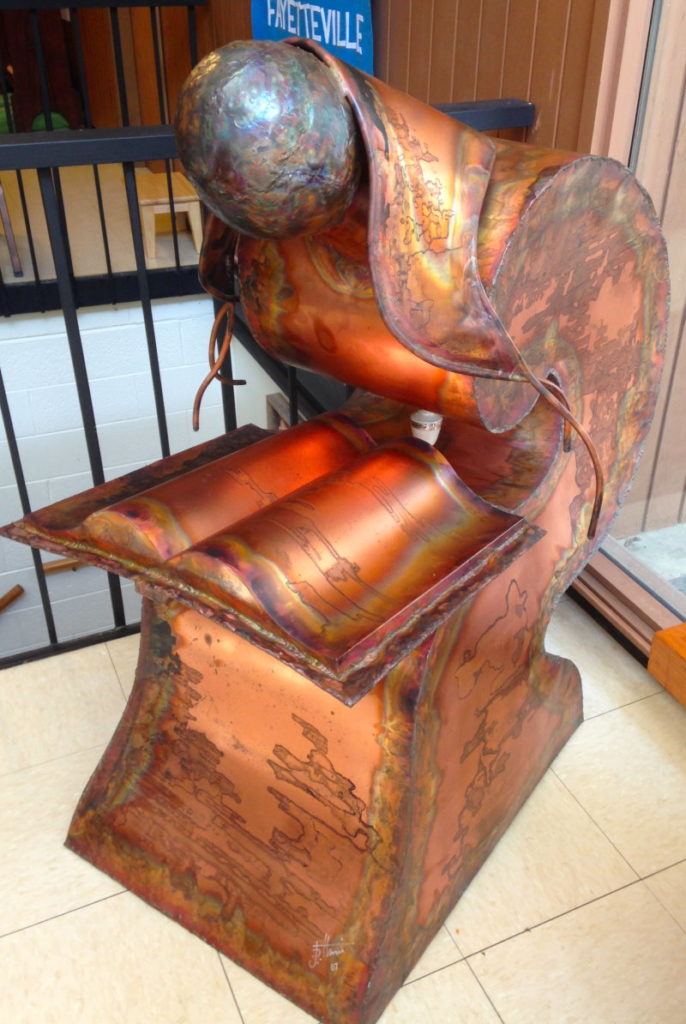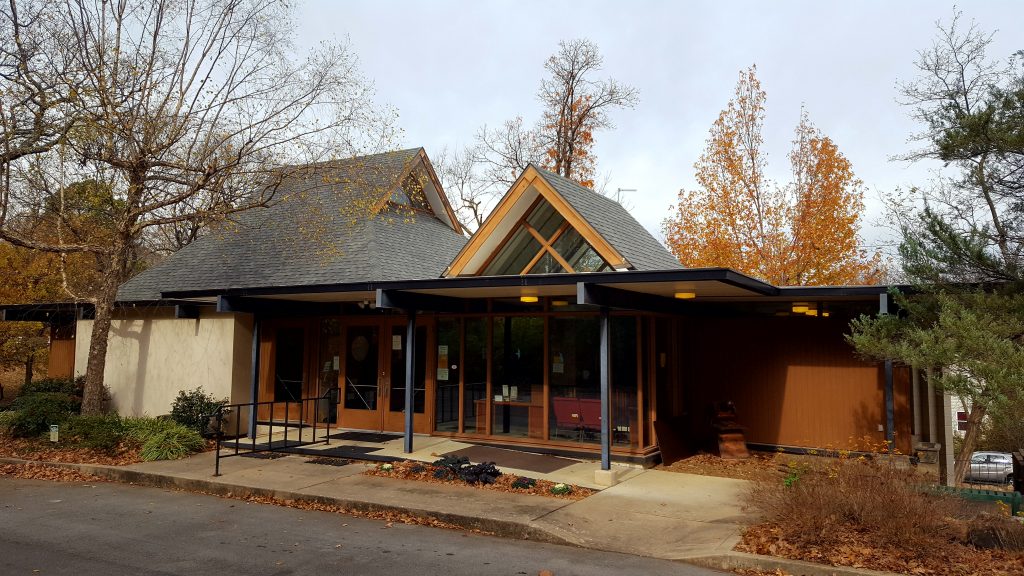On Remembering:
Human beings are odd creatures, but I think we come by it naturally, evolved into our oddness that is. I don’t believe we are the only animal that mourns our dead, but we may be the only ones who worry about it so much that we create myriads of interesting, imaginative places for them to reside until we join them. For myself, at one time, I decided that if after death there is a remnant of the pitiful being called by my name left in the quantum foundations of this universe, I would like to explore the galaxies and see if there are multi-universes. But as I age I find that this seems as lonely as being gathered to some super-being to sing its praises. I think I’ll not worry about it, live while I can, and take some time to remember and bring to life family and friends I treasure in my own mind and heart… universe enough, if someone will do this for me.
Remembering our dead, our ancestors, can be a healthy (and emotional) exercise in being human, in holding onto the lessons they can teach us. As I think about it, for a robust religious (how we live) component of remembering our ancestors, we would examine the lessons taught by that life and be warmed by, warned of, or both, of living such a way. I think there would be stories of puzzling lives that we would not understand, exemplary lives with feet of clay, lives that frighten, lives of devotion, lives of pain, lives of love… all kinds of complex, ways of being human. None would be valueless, all giving us clues to our own life, even as we remember them.
If we grew up in a society that had a strong ancestor worship component of its religion(s), our life would be understood as a book to be examined by those coming after us, and a framework of ethics and morals from that culture of examination, a village of people including those long gone, would help raise us. It may be that our U.S. culture of individualism is why we never developed ancestor worship seriously, and that may be to our detriment. On the other hand, a society that holds its values as deep as death may not be able to examine itself seriously for prejudices, built in bigotry, and inequality held by its dead. This may be demonstrated in statues to commemorate confederate war dead that do not ask the present population to look at their sins, but hold onto a false glory. Our dead need to be held in the light of present and future ethics, morals, and Principles, and their stories told within that light, so we learn how to change for the better as well. Maybe a gentle remembrance is a good thing compared to a culture of ancestor worship… something to ponder.
“Remembering our Dead: Love Lives On” is how we’ll frame our memorial service Sunday morning, October 29th at UUFF. We have traditions from different European and American cultures that guide us in ritual around this time of year including All Souls, Samhain, Dia de los Muertos, and African American Funerals. Especially informative for us are Unitarian Universalist Memorial Services, which recognize, celebrate, and grieve the whole life of the deceased, their shadows as well as their lights. We also know that for some the loss of an animal companion needs to be recognized as well, that love and loyalty is not just human.
This is not an easy service, it holds in it loss, grief, tears, and maybe some anger. But it also has laughter, love, caring, and lessons. Lessons of life lived and lost, of family and friends who hold onto the stories, the ups and downs, the joys, the grief, and mostly their love. This is a service for young and old, no one should be left out of this natural part of our “learning how to live with having to die.” Bring a picture, a memento, favorite food, something that reminds you of your loved one, and place it on our Remembrance Altar. We will speak the names of those to be remembered, and take time to honor them in poetry, music, story and silence.
Peace,
Rev. Jim Parrish

